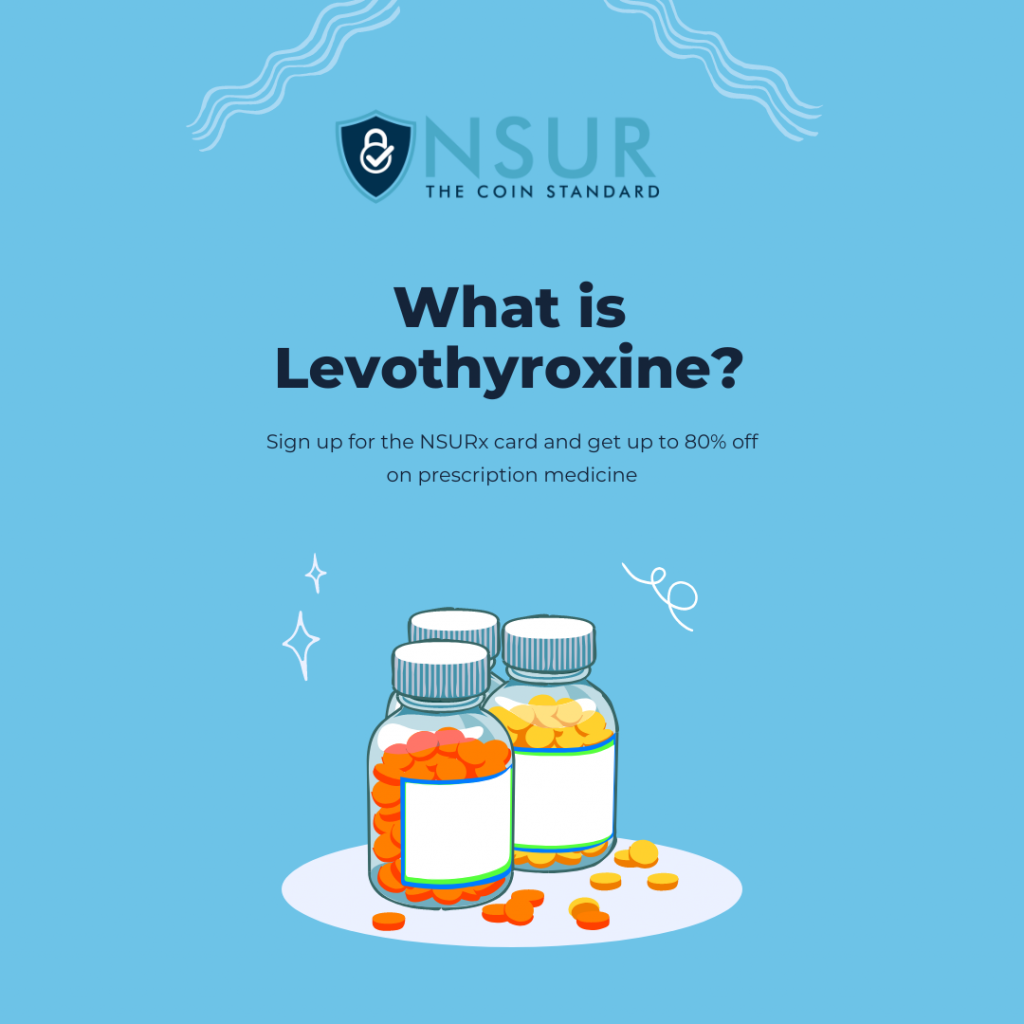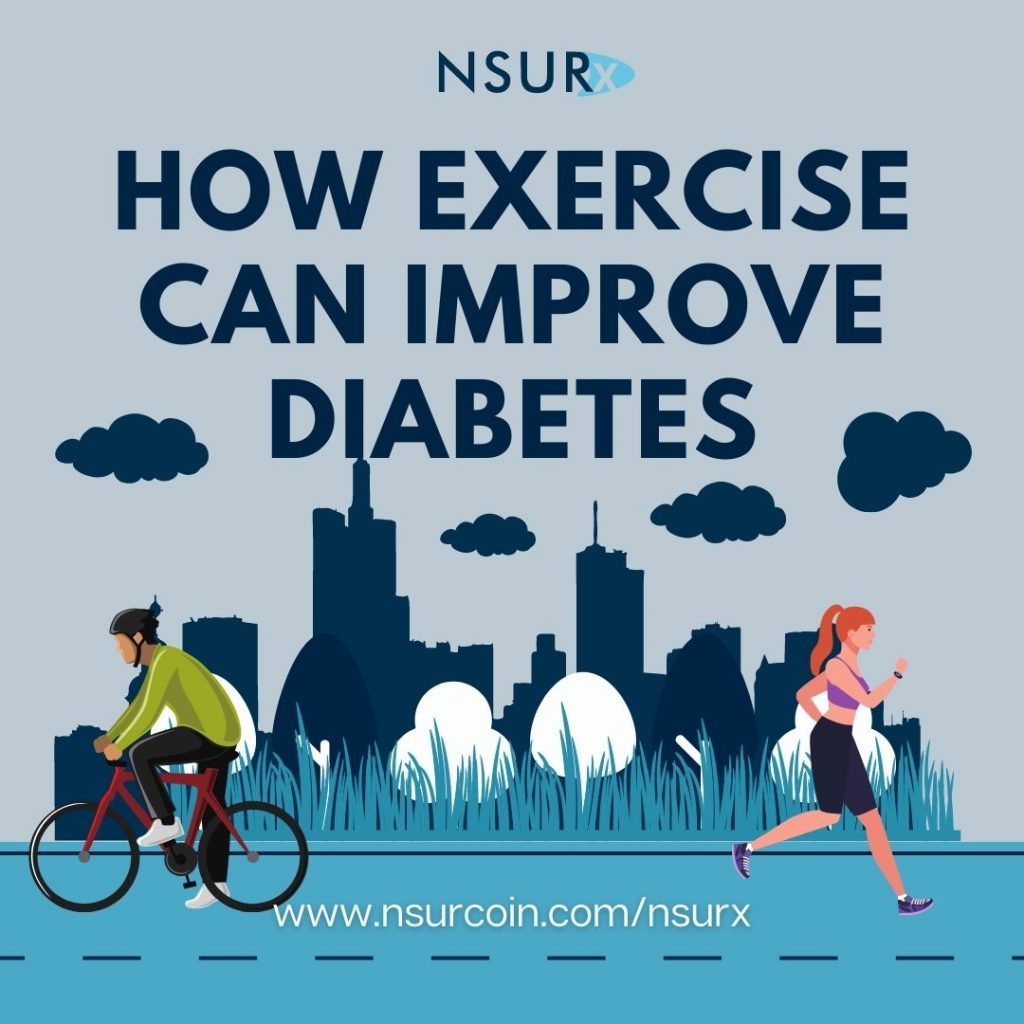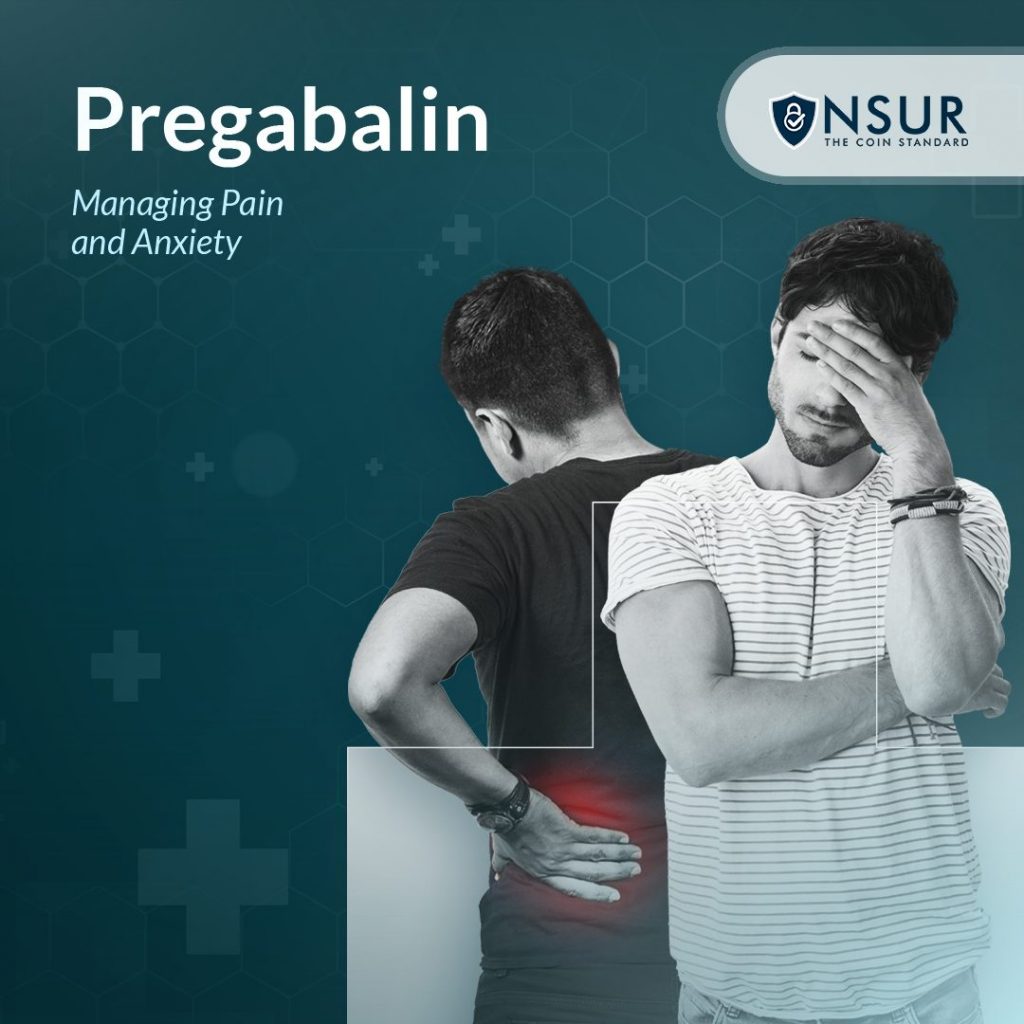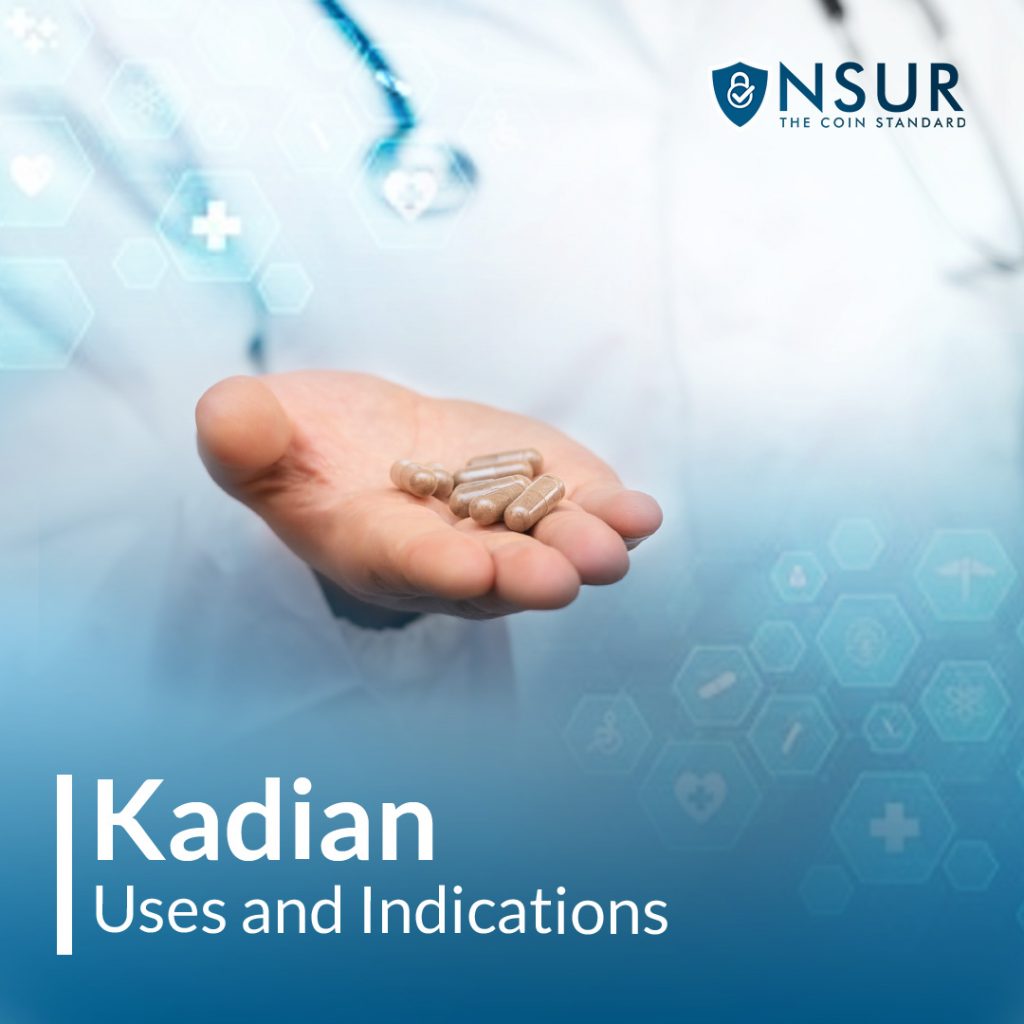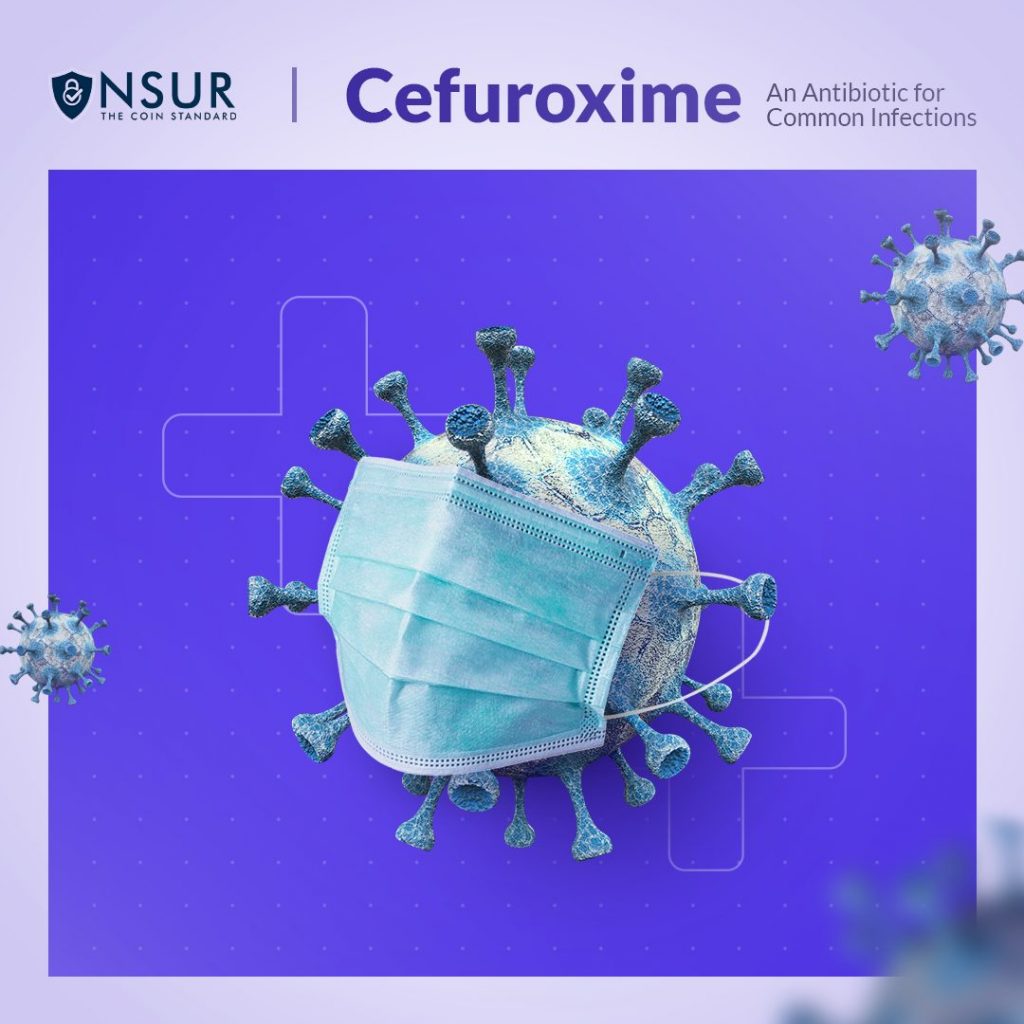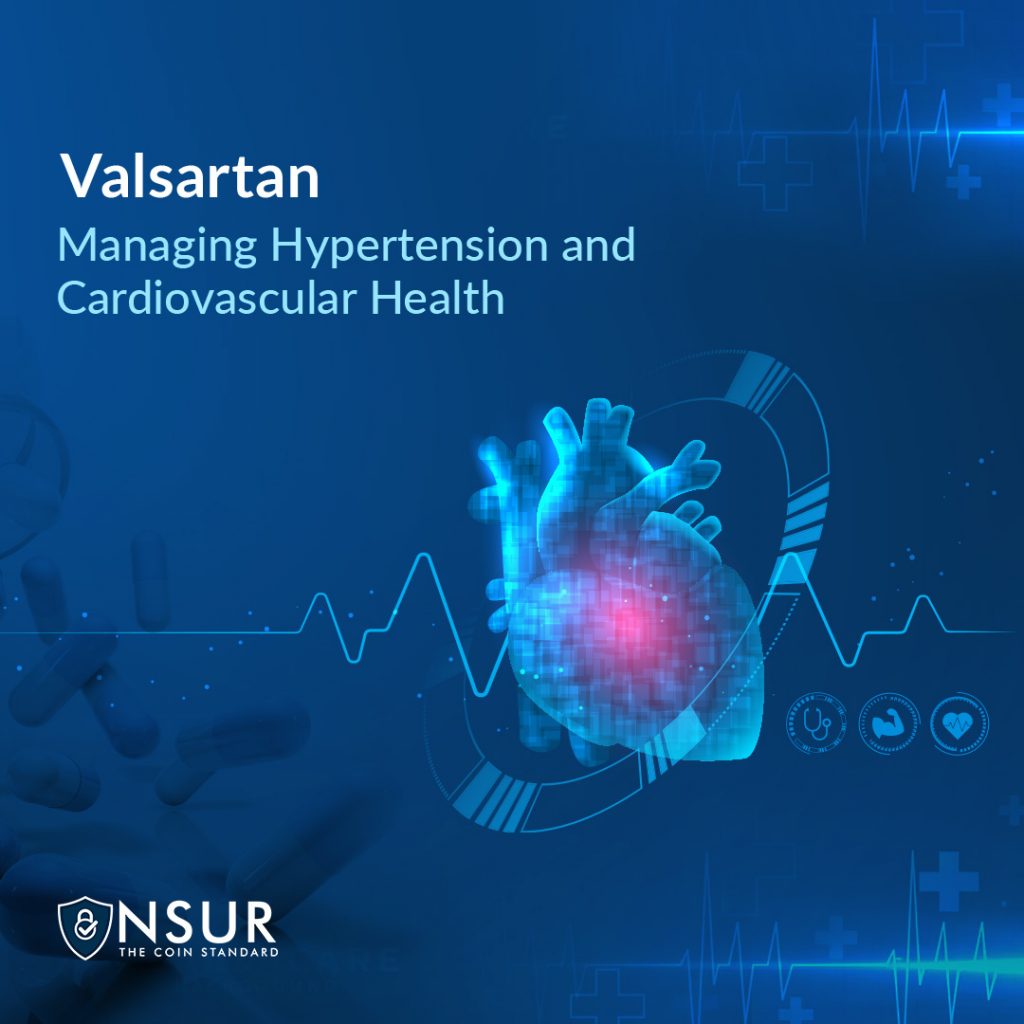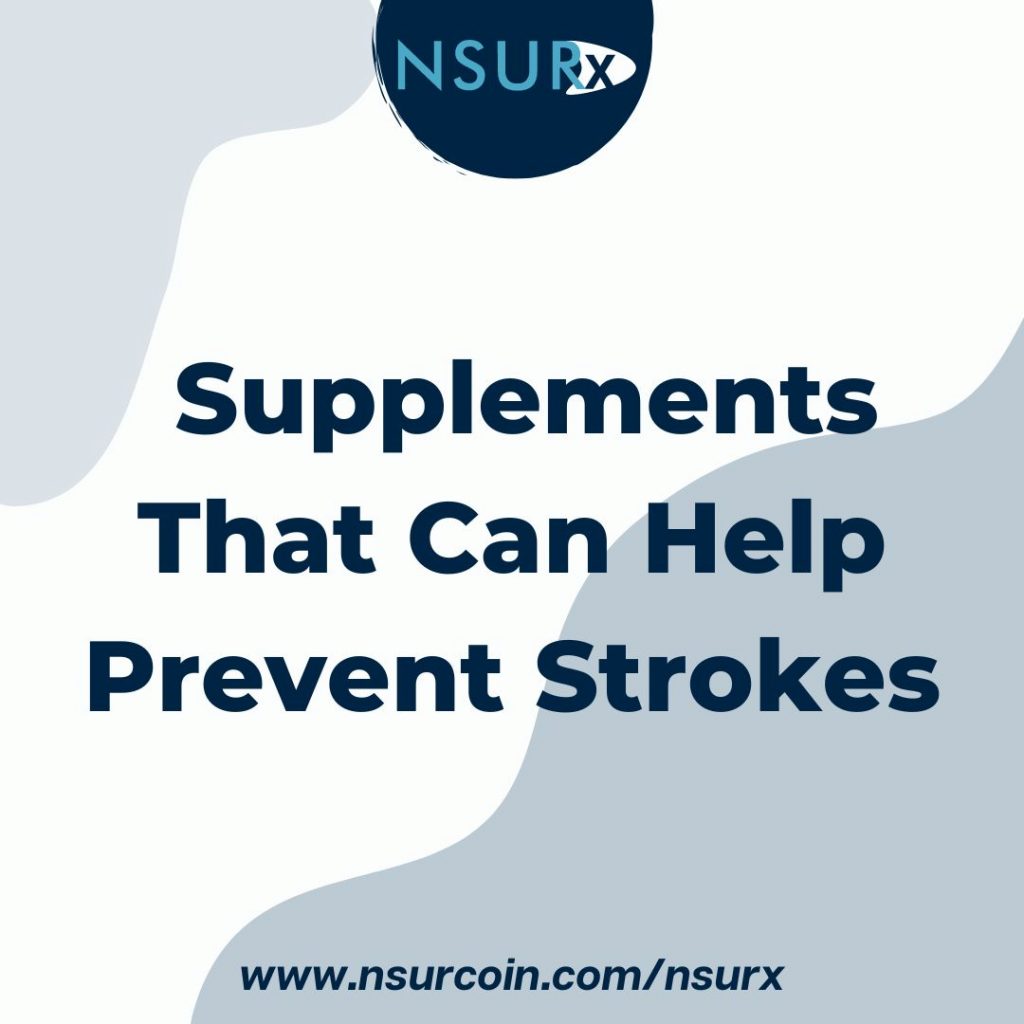
A stroke occurs when an artery in the brain becomes blocked or leaks blood, causing the brain tissue to die. Research suggests that these five supplements may be able to help prevent a stroke from happening
A stroke happens when the supply of blood to the brain is interrupted or reduced by a blockage or leak in the blood arteries. Damage to the brain can begin if it doesn’t get enough oxygen. Because of the lack of oxygen and nutrition, brain cells begin to die as a result.
Strokes can be a serious and life-threatening situation. They can lead to long-term disabilities or even death. Therefore, it is important to try to prevent strokes before they happen.
Supplements to take if you suffer from stroke
If you are looking to take supplements to prevent a stroke, largely you should be looking at supplements that improve blood circulation, especially in the brain.
While there is still much more research that needs to be done on the effectiveness of supplements versus other types of treatments to help prevent strokes, the following are examples of the supplements your health care provider may recommend as part of a holistic approach to managing stroke risk:
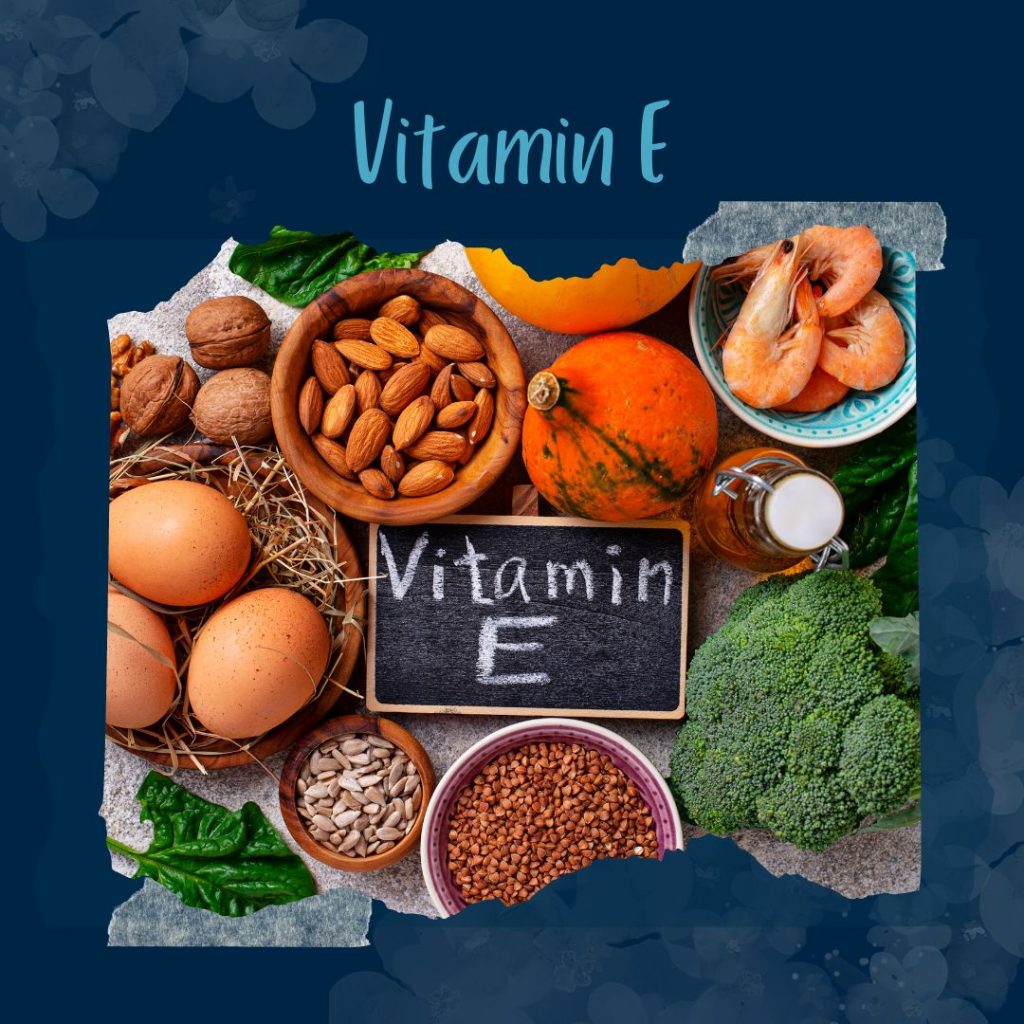
Vitamin E
Further research is required, but it is possible that taking vitamin E supplements could protect high-risk hypertensive patients from having an ischemic stroke, according to a review published by a collaboration of researchers from multiple educational institutions and research bodies in China.
This review shows that vitamin E cannot be conclusively shown to prevent stroke in women, but there was evidence that it would benefit men, especially non-drinkers. While additional well-designed RCTs are needed to draw a definitive conclusion, initial results are positive for men that Vitamin E may be beneficial to prevent ischemic stroke; moreover, regular supplementation with vitamin E has not been associated with an increased risk of adverse events. Due to the greater risk reduction achieved by medication, it serves as an adjunct rather than a substitute.
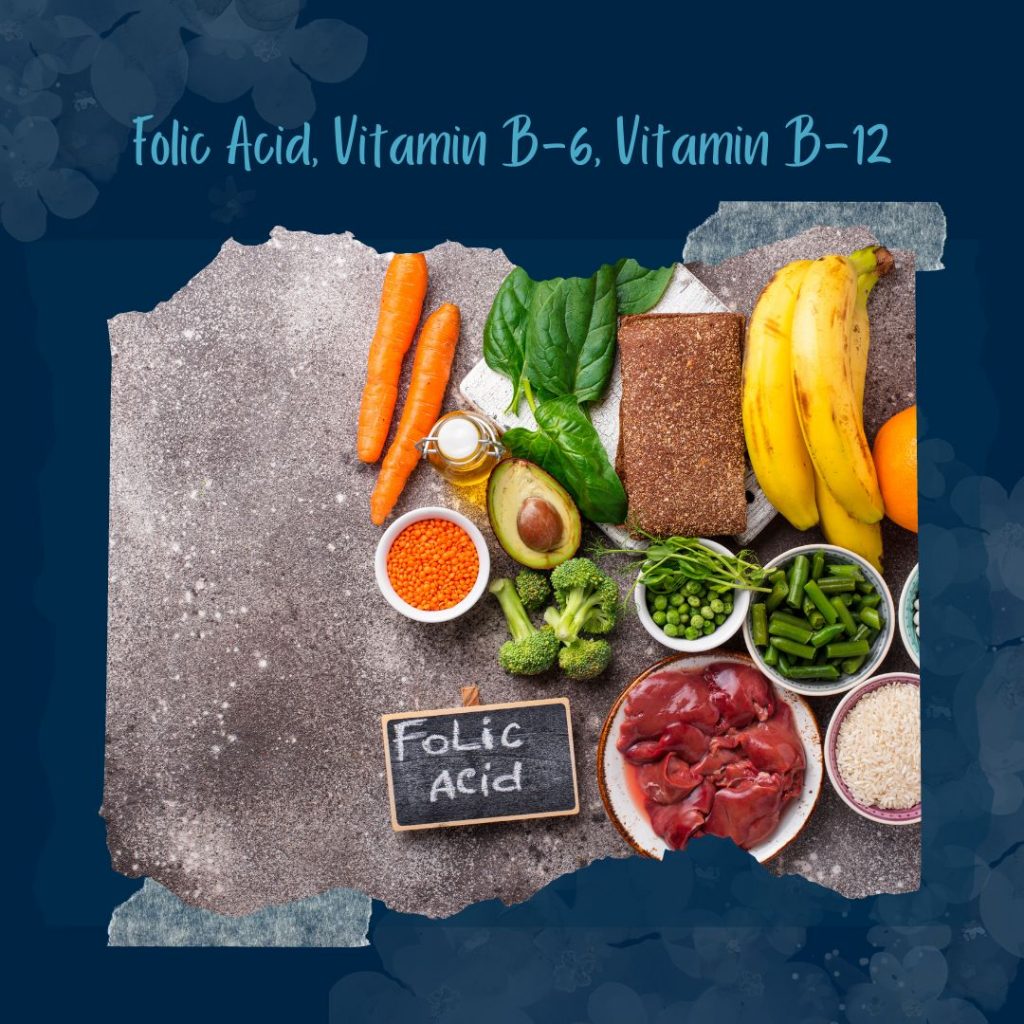
Folic Acid, Vitamin B-6, Vitamin B-12
Stroke risk goes up when homocysteine levels go up. However, according to a study conducted by researcher Graeme J. Hankey, homocysteine level is reduced by about 25% and the overall relative risk of stroke is reduced by about 10% in a randomized control trial compared to placebo in the B vitamin supplementation (vitamins B9 (folic acid), B12, and B6).
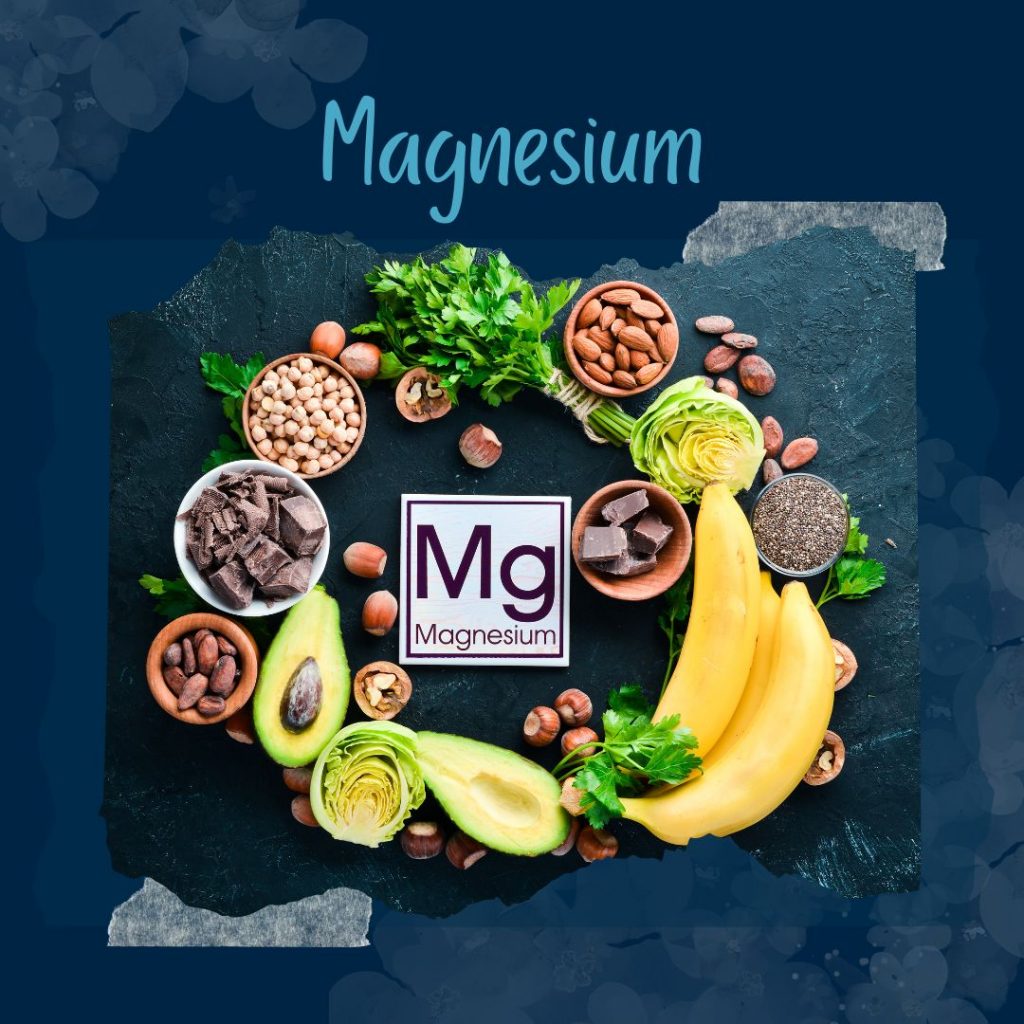
Magnesium
According to a study authored by Binghao Zhao, et. al, and published in the National Library of Medicine, magnesium supplementation reduces the risk for stroke by 2% and the risk for ischemic stroke by 2%.This is because of its influence over risk factors such as high blood pressure and high blood sugar levels.
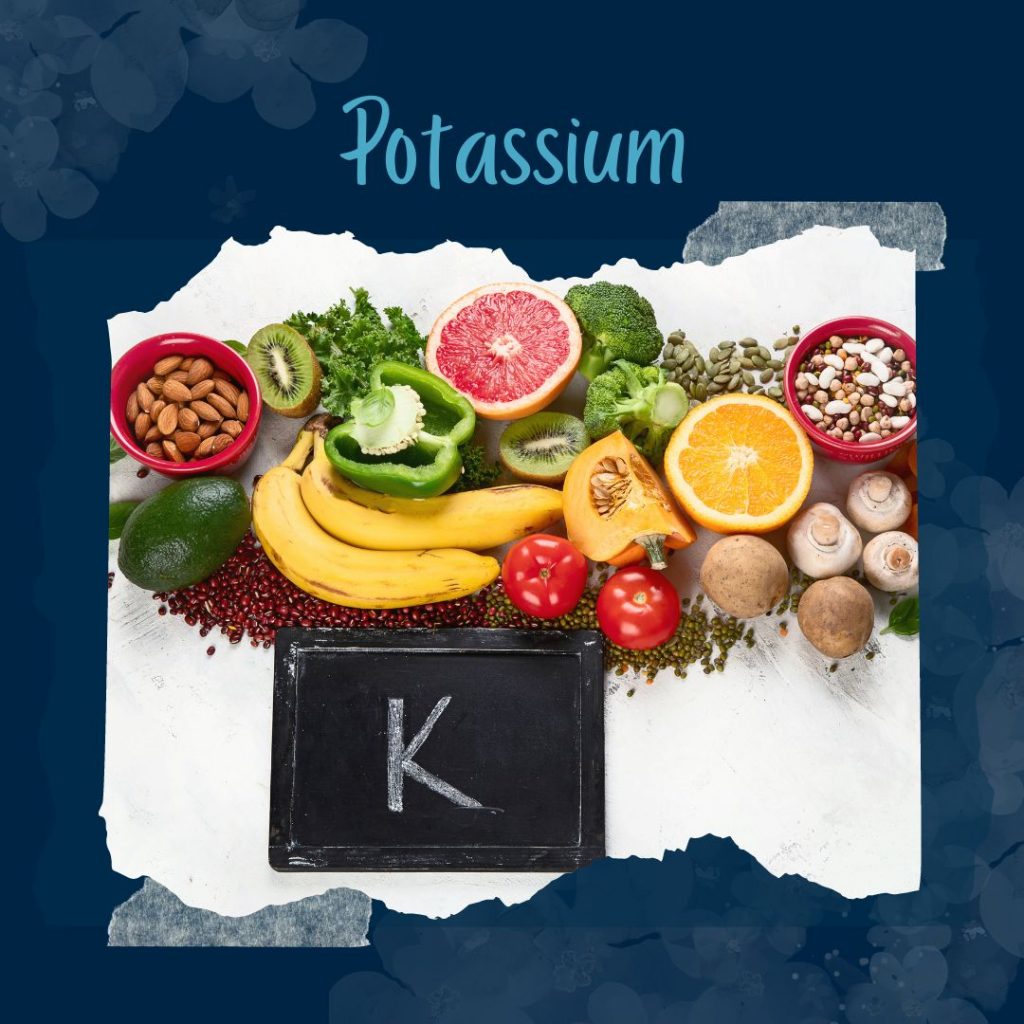
Potassium
In older women, especially those without high blood pressure, a higher intake of potassium is linked to a lower risk of ischemic and non-ischemic strokes, according to a study conducted by researchers of different medical schools and universities in the U.S. and was published in the journal, Stroke. These findings are critical in suggesting preventive dietary measures to lower the risk of stroke, as dietary intake of potassium in the United States is far below the recommended intake.

Betaine
It has been found that the amino acid betaine can help to reduce homocysteine levels. Supplementation with betaine has been demonstrated to be an effective agent for lowering plasma homocysteine levels in adults who are otherwise healthy. According to research conducted by Marc P. McRae, published in the National Library of Medicine, conducted on healthy volunteers, taking betaine at a dosage of 6 grams per day reduces plasma homocysteine concentrations by anywhere from 5 to 20 percent.
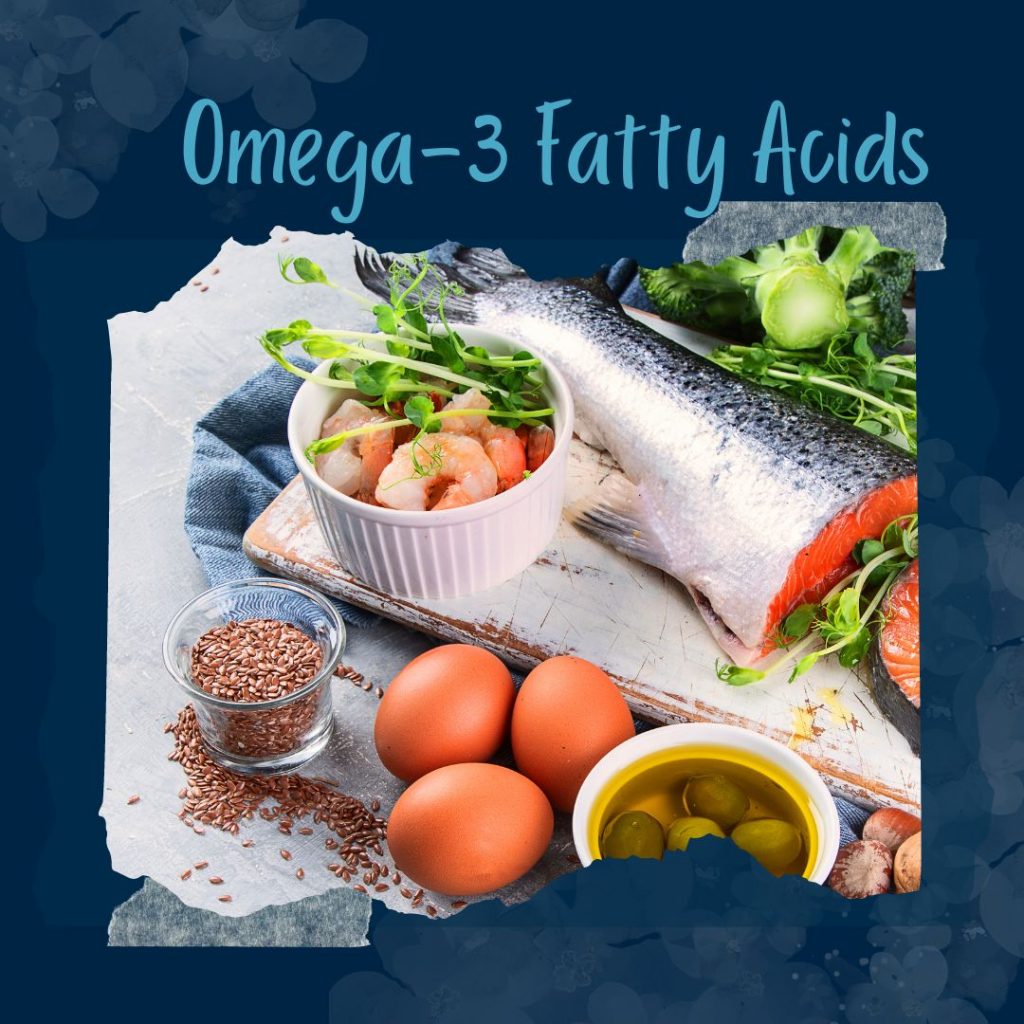
Omega-3 Fatty Acids
Omega-3 fatty acid intake (primarily from fish) helps protect against plaque buildup and blood clots in the arteries that lead to the brain. Eating at least 2 servings of fish per week can reduce the risk of stroke by as much as 50% according to the American Health Association.
Use NSURx to save money on stroke medications
Alongside supplements, taking the right medications can help you prevent a stroke. If your healthcare provider does prescribe you medications, use NSURx to save money when filling them at your local pharmacy.
NSURx is a discount card that can save you money on your stroke prescription costs. When you show your NSURx card to your pharmacist, you could save up to 80% on your prescriptions. Billions have already been saved through this program.
Moreover, NSURx is accepted by more than 35,000 pharmacies, from Walgreens to Walmart, meaning there is a pharmacy near you where you can start saving money.
There is no limit on the number or type of prescriptions you fill with NSURx or the number of times you use your NSURx card to save.
Download your free NSURx card and start saving on your stroke prescriptions immediately!
